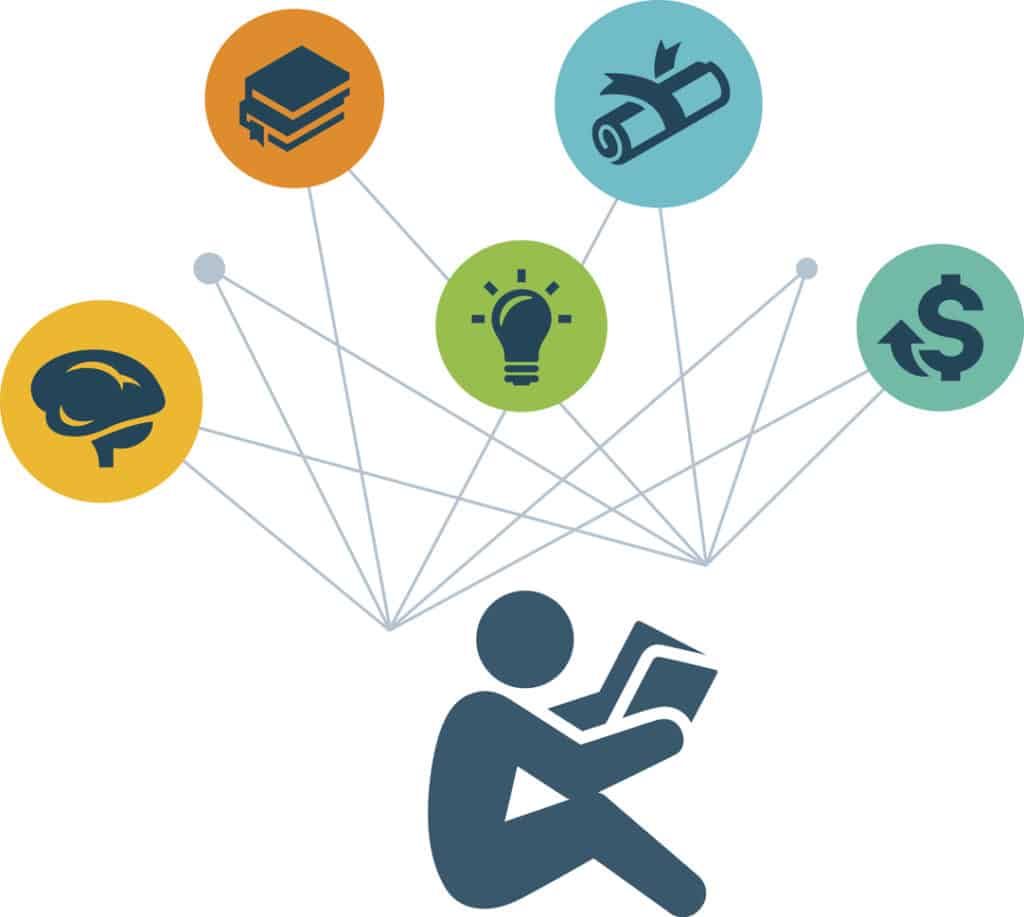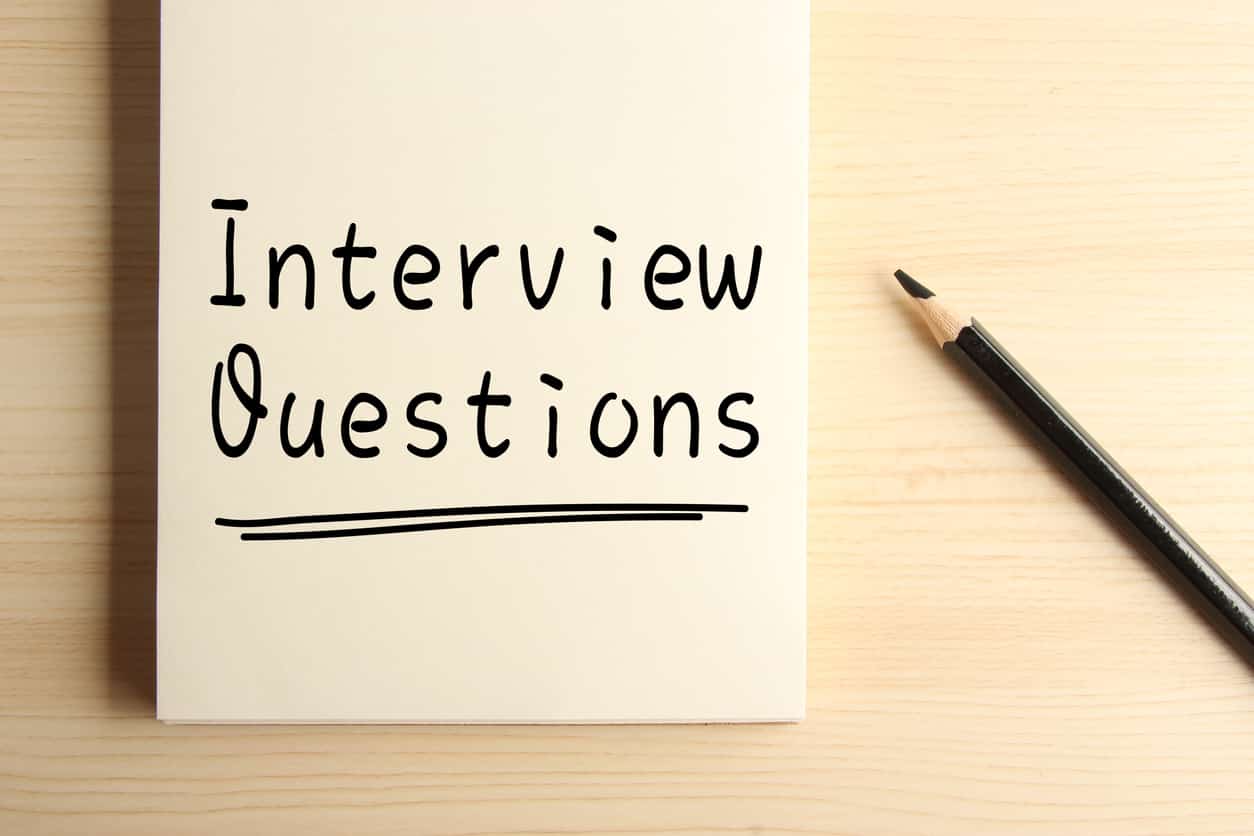Introduction
Do you know that Phil Knight, Nike’s founder, has so much respect for his library that every time he steps into it, he takes his shoes off? Likewise, it is said that Steve Jobs was fond of the English poet, William Blake. And a leading American audio electronics company founder, Sidney Harman, quoted from Shakespeare and Tennyson, and called poets ‘the original systems thinkers. Yes, like Philip Sidney!
So, let’s get to the point.
What do all of these people have in common?
All of them are/ were leaders of noteworthy enterprises who knew the importance of reading. Besides polishing your leadership skills by enrolling in professional courses, attending inspirational lecture series/masterclasses, reading is a habit to imbibe to become a holistic leader.
Bonus Tip: A leadership course to check out before you proceed further

Reading Make a Leader
Multiple studies suggest that reading makes you smarter, creative, and insightful. Reading also improves your vocabulary, knowledge, reasoning, and empathy skills. But what’s the importance of reading for a leader?
Many leaders emphasize the importance of reading across various spectrums and suggest that reading across fields makes you a better innovator and helps in leading others.
How?
Let’s understand this with a hypothesis.
| Benefits of Reading |
| Novels | Develop empathy and social skills, making leaders more understanding and better team leaders. Heightened Emotional Intelligence also improves management ability. |
| Non-fiction | Increased social and world awareness. This makes leaders more responsible in their dealings with employees and companies they work with/lead. |
The hypothesis listed above may seem generic. So, let’s substantiate these claims with data to elucidate what we mean when we emphasize the importance of reading for a leader.
David Kidd and Emanuele Castano, the psychologist duo, initially highlighted the connection between empathy and literary fiction many years ago. In the journal Science, they established that reading literary fiction helped in understanding emotional cues on people’s faces.
However, this far-fetched generalization was challenged by many and led to another detailed survey of more than 2000 people, which again found that readers of fiction performed better in emotions recognition tests.
Besides empathy, reading also improves one’s reasoning and verbal skills.
Studies published by the APA (American Psychological Association), Journal of Education for Business, and multiple other sources also show that managers/employers prefer people with good analytical and communication skills, both of which are/can be nurtured with the habit of reading.
Why do readers make good leaders?
Besides the benefits listed above, reading also reduces stress. According to a study quoted in Harvard Business Review, reading for just six minutes can reduce stress by 68% and is beneficial for stressed leaders/managers and C-level executives.
An active literary life makes a leader relaxed and also someone who can lead by example. Winston Churchill may be a contentious example of a political leader to give here, but he was Britain’s PM during the strenuous World War II. And, he did not receive a Nobel Prize in Peace for helping create an Allied Powers strategy to defeat Germany; instead, he got a Nobel Prize in Literature.
Does this not again establish a connection between reading and leadership and shows how the latter can only become better with reading?
Understanding the importance of reading and inculcating the habit in your daily life
So, if reading has life-altering benefits like those discussed earlier, how can we inculcate this habit in our everyday lives?
As leaders who work round the clock, most find it difficult to spare time for important things in their lives, let alone reading. But now that we have established the importance of reading for one’s mental and psychological health, we can try inculcating that habit in our daily lives.
Thus, here are ways through which you can initiate yourself into the cult of reading and become a better leader.
1. Start Small
As mentioned earlier, start by reading 6 minutes a day at any time of the day. Gradually, the incessant habit of checking smartphones for non-work-related stuff can be replaced by this healthy habit of reading.
2. Take a Professional Course
Short-term professional courses on reading and leadership( like the one we suggested earlier) can nurture both skills. Investing in a good cause like these will strengthen your soft skills in the future.
3. Join a Readers Club
It is best to apply for local library memberships and borrow books from there, even if you can afford to buy them. It helps create the discipline of reading a book within the set time frame( of a book being borrowed from the library) and friendships/associations in reading circles who are usual visitors at the library.
4. Implement your Reading
As contradictory as that may sound, practicing what you read in your everyday life in small bits can keep you inspired towards reading. Sometimes a psychology textbook can help solve a crucial economic problem if its principles are applied correctly and intuitively, both of which can happen with the habit of reading.
5. Diversify your Library
Just because you are a manager does not mean you should read books only in that domain. By reading across fields, you can broaden your knowledge and perspective, and it helps in a holistic understanding of professional or personal problems and the organizational ability to solve them. At least, this is what the renowned author – Anne Kreamer suggests.
It is precisely because of this overall development of one’s personality that books are also called humankind’s best friends. If you are still unsure about how reading makes a good leader, let us suggest a small test for you to try at home with family and friends.
Test a Leader…
If there is a person in your family/friend circle who you admire and naturally happens to be/finds him/herself in leadership positions, then conduct this exercise with them:
- See if they like reading
- If they do, ask them since when have they been in this habit
- Find out their favorite writer/poets/magazines/literature
- Share your findings with us.
We assure you that you’ll be surprised by the variety of writers and literature leaders in general who likes to follow and read. You might also notice a similar readership pattern among people with strong personalities who find themselves in leadership positions by chance.
Conclusion
So, if you are fairly convinced, you can try adopting the practice of reading yourself and benefit from it. Or, if you already are a reader-leader, wanting to polish your leadership skills, apply to the National University of Singapore’s Future Leaders Programme.
This is a rare find for a leadership course taught by Asia’s No. 1 Business School for all inspiring leaders provided you take the leadership test suggested earlier (all pun intended).









